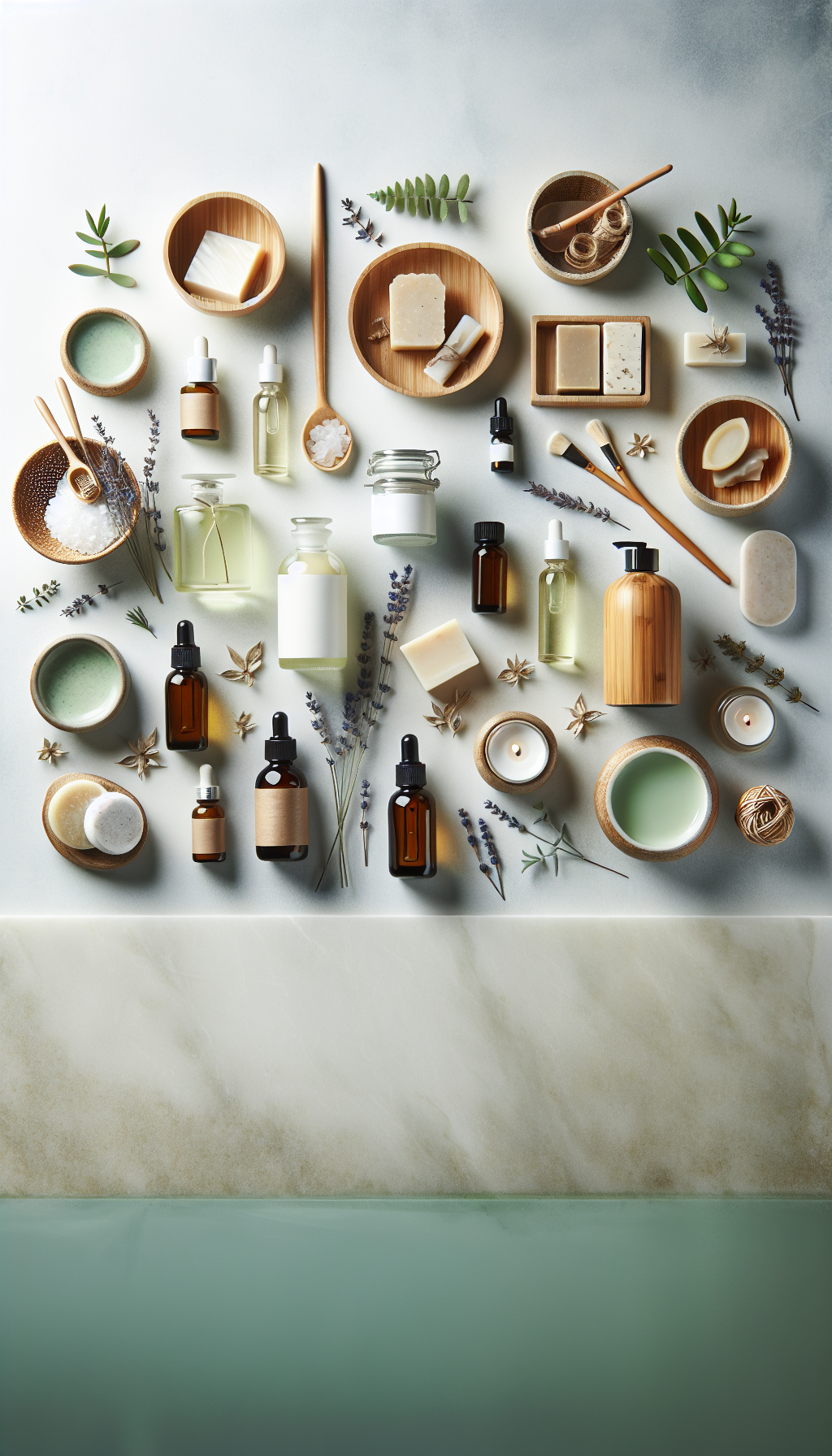Achieving a naturally radiant complexion involves more than just the products you apply to your skin. It’s a holistic process that encompasses a balanced diet, proper hydration, and a consistent skincare routine. Understanding how to improve your skin texture and tone naturally can lead to long-term benefits and a youthful, glowing appearance. In this comprehensive guide, we’ll explore various methods and lifestyle changes that can enhance your skin’s health, supported by insights from Avix Health’s skin health resources.
The Role of Diet in Skin Health
What you eat profoundly impacts your skin’s texture and tone. A diet rich in antioxidants, vitamins, and minerals is essential for maintaining healthy, resilient skin. Foods high in Vitamin C, such as citrus fruits and leafy greens, can help boost collagen production, while Omega-3 fatty acids found in fish like salmon can reduce inflammation.
One critical aspect often overlooked is the relationship between gut health and skin condition. Probiotics and prebiotics can balance the gut microbiome, leading to improved skin health, as detailed in our informative piece on digestive health.
Hydration: The Foundation of Supple Skin
Hydrated skin is healthy skin. Drinking ample water throughout the day helps maintain the skin’s elasticity and can prevent a dull, uneven complexion. Additionally, using hydrating skincare products can lock in moisture and protect the skin barrier.
Natural Skincare Ingredients
When selecting products, natural ingredients like aloe vera, green tea, and chamomile can soothe and improve skin texture without harsh chemicals. For more insight into choosing the right products, consider reading about how to choose the right moisturizer for your skin type.
Sun Protection
Ultraviolet rays are one of the most significant contributors to premature skin aging and uneven skin tone. Daily use of a broad-spectrum sunscreen can protect your skin from damage and maintain its overall health.
Regular Exercise
Exercise isn’t just good for your cardiovascular health; it’s also beneficial for your skin. Increased blood flow during physical activity nourishes skin cells and promotes the removal of toxins. Learn more about the connection between physical activity and skin health in our article on the link between exercise and skin cell renewal.
The Importance of Sleep
Sleep is when your skin cells undergo repair and regeneration. Ensuring you get 7-9 hours of quality sleep each night can significantly affect your skin’s appearance.
Stress Management
Chronic stress can lead to a host of skin problems, including acne and eczema. Techniques like meditation, deep breathing, and yoga can help manage stress levels, ultimately benefiting your skin.
Avoiding Skin-Damaging Habits
Smoking, excessive alcohol consumption, and high sugar intake can all negatively impact skin health. To support your skin’s natural radiance, consider adopting healthier lifestyle choices.
Tailored Treatments
Sometimes, natural methods need a boost from tailored treatments. Utilizing products with retinol, for instance, can enhance skin rejuvenation. You might find the analysis of retinol’s benefits in our dedicated article on analysing the benefits of retinol for skin rejuvenation particularly enlightening.
External High-Quality Resources
To further support your journey to improved skin texture and tone, consider these niche resources that offer specific guidance:
- The American Academy of Dermatology provides in-depth information on various skin types and conditions, which can be found on their official website.
- The Environmental Working Group (EWG) offers a comprehensive database of skincare products rated for their health and environmental impact, accessible through the EWG Skin Deep database.
- The National Center for Biotechnology Information (NCBI) is an invaluable resource for scientific studies on skin health, such as the role of diet in skin aging, available on their PubMed database.
Incorporating these practices and resources into your skincare routine can lead to noticeable improvements in your skin’s texture and tone. Remember, skincare is a personal journey, and what works for one person may not work for another. Listen to your skin, and don’t hesitate to consult a dermatologist to tailor a regimen that’s perfect for you.



